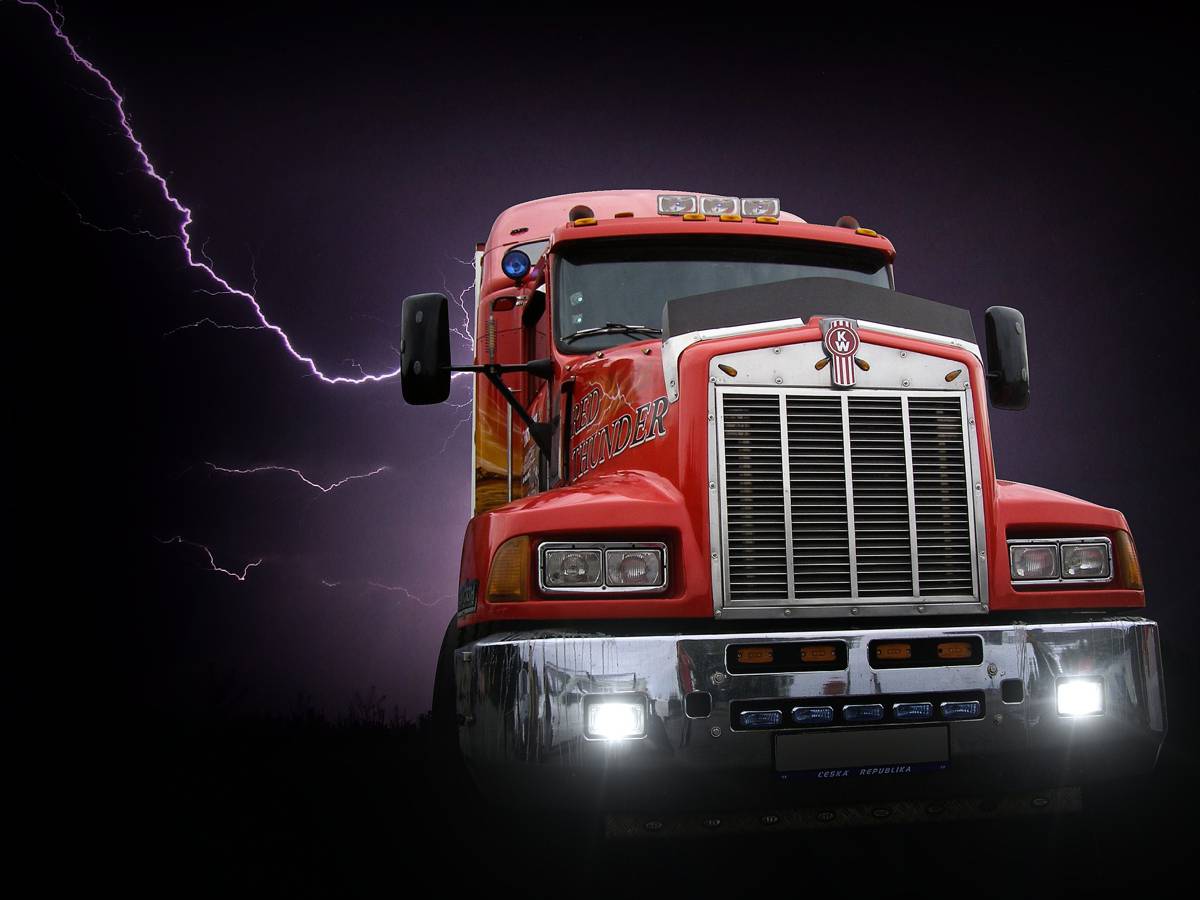Truck transport is a logistical and engineering win
Business owners are focused on reducing expenses and increasing income. That’s the basic definition of what a for-profit organization does. But when it comes to making decisions about how to transport goods from one place to another, entrepreneurs are faced with questions that are often out of their realm of expertise.
For instance, choosing trucks over air, rail, or water transportation modes is more an engineering decision than a business one. Not only does the question involve comparing relative costs (the easy part), it’s also about safety, long-term business viability, logistical efficiency, and other complex areas of concern. What are some of the key points that every corporate manager or owner should know about the advantages of using trucks for moving cargo?
Road Transport is Not Costly
From both a financial planning and engineering standpoint, trucking makes sense. Air transport as well as railways are much more costly for the shipper. The main, and often only, benefit of air shipment is speed. However, rarely is extreme speed necessary when it comes to shipping goods for resale, especially in very large quantities.
Rail often takes longer than road or air transportation, but has a cost advantage in some cases where endpoints are convenient for shippers and receivers. Otherwise, managers find themselves calling in vehicle fleets to augment the rail solution. Roads are an ideal solution for most every kind of cargo and business scenario. Whether you own a company or not, you’re already paying for roadway upkeep via taxes. Plus, a single vehicle can travel virtually anywhere via the complex road network and deliver cargo safely and on time.
Fleet Management Software Means Efficient Planning
Since 1937, when laws first went into effect that regulated the number of hours drivers could notch in a given time frame, federal oversight in this area has grown more complex and verifiable. For decades, drivers kept paper log books in which they were supposed to chart their hours driven, rest stops, and other parameters. The problem was, they didn’t always follow the rules meticulously. Likewise, managers who faced the threat of violation could easily amend log books to appear to be in compliance. The larger issue was road safety, accident rates, and companies that took advantage of drivers who refused to accept off-book hours.
Then, AOBRDs eliminated many of those difficulties. Automatic onboard recording devices were a forerunner of today’s ELDs, electronic logging devices. ELDs are computerized, accurate, and virtually tamper-proof. If your company wants to prevent hours-of-service violations, using an ELD compliance solution by clicking here is the way to go. ELDs are and easy, cost-efficient way to connect your operations, maintain total compliance, and significantly lower ELD violation costs. The good news for companies that choose trucks to deliver goods to wholesalers or retailers is that the top fleet management software products are simple to configure, easy to use, and can be adapted for organizations of all sizes.
Expenses Go Down When Truck Use Goes Up
One of the most eloquent engineering solutions to the common transport problem of repeated unloading and loading costs is hub-to-hub delivery. In other words, when you can load merchandise onto an eighteen-wheeler at a manufacturing plant and send it directly to a wholesaler’s dock 2,000 miles away without the need to unload and reload it perhaps a half-dozen times, you save money and create satisfied customers in the process. The primary advantage of vehicle fleets in most cases is their ability to achieve hub-to-warehouse, door-to-door, or plant-to-seller service in a streamlined, cost-efficient way.
Full Geographic Coverage Means More Business
Technically speaking, roadway transportation has another core advantage over air, railway, and water. It can deliver cargo to rural areas, where the only method of ingress is a paved street. This engineering concept is significant when you stop to think of how many consumers and companies are not located in cities and towns served by airports, railways, or waterways.
Customized Scheduling is Possible
When it comes to logistics, adaptability of methods is a key factor in the success of any transportation mode. Air, water, and rail lack this component because schedules tend to be set far in advance and not subject to amendment except under extreme circumstances. The trucking industry, however, is infinitely adaptable to schedule changes, buyer preferences, weather, and any other factor that creates a need for moving a delivery date sooner or later. There’s minimal inconvenience when a wholesaler, for example, asks for the delivery agent to use a different route, send goods to another location, or ship more or fewer items at a time.
Short Routes are Part of the Mix
Another unique, and advantageous, aspect of using trucks to move cargo, is that they are an ideal way to make short or long-distance deliveries. For very short routes, particularly, roadway shipping is far more cost-efficient than water, air, or rail. Likewise, brief, in-city shipments simply can’t be serviced by any other mode of transportation, in most cases.





















